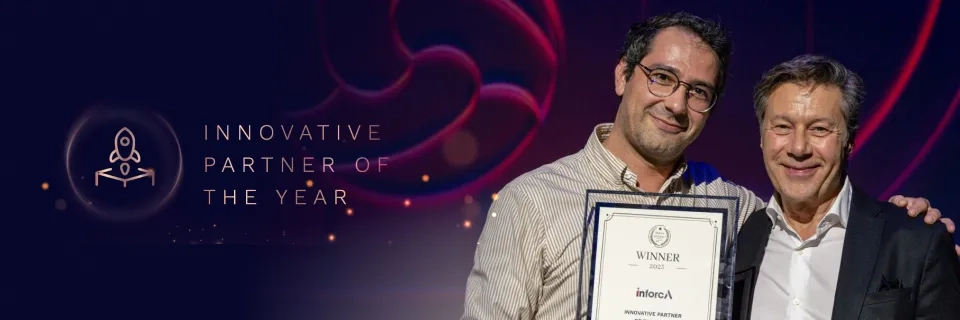I see, but how does your solution differ from other translation tools?
We have designed InLexIA as a solution that is fully integrated with Ibexa DXP, which offers a number of unique advantages:
- Complete automation: as soon as content is published in one language, the tool automatically detects the fields to be translated and generates a translated version in all the target languages.
- Advanced settings: the user can define the source language, select the target languages and choose the types of content to be translated.
- Total content coverage: complex home pages with blocks built using Page Builder, headings, body pages with their rich text editor, and forms created using FormBuilder.
- Effective control: role and user management, error tracking, activity log and validation workflow guarantee translation quality.
- Integrated glossary: ensures terminological consistency by enabling companies to manage their own database of key terms and expressions.
- An adaptable module: it can use different translation engines. It comes with a DeepL connector, and other connectors are in preparation.
This native integration offers more efficient translation management. But what are the practical benefits for companies?
InLexIA offers three major benefits:
- Significant time savings: the translation of content no longer requires manual intervention, which speeds up the process of putting content online in several languages.
- Reduced costs: automation reduces the need for external translators and optimises the use of internal resources. API translations using AI cost on average less than €25 excluding VAT per million characters.
- Complete coverage: the tool enables mass translations to be launched on all the pages of a site with a single click.
Ultimately, companies can expand their international audience without complicating their editorial process.
Yohann during his Community Talk on the integration of AI into automated translation on Ibexa DXP.
How do you manage to fully automate this process while guaranteeing user control?
As I said earlier, our solution is based on native integration within Ibexa DXP. InLexIA adapts to the different types of content and publishers' needs within a natively multi-site Ibexa platform.
The translation process follows several stages:
- Publication detection: as soon as a user publishes content, the tool automatically identifies the fields to be translated, the target languages and the translation engine to be used.
- Sending to the translation API: each text is sent to the selected translation engine.
- Creation of translated versions: a new version of the content is generated for each language and stored in Ibexa DXP.
- Activity log: detailed monitoring to identify completed translations.
- Validation workflow (optional): companies can activate a proofreading process before translations are put online.
Was the diversity of the content to be translated in Ibexa DXP a challenge during development?
Yes, the development of InLexIA posed a number of technical and functional challenges.
Ibexa DXP is used to manage complex projects, and our module had to adapt to these constraints:
- Multilingual, multisite and multi-data on a single instance.
- A large number of editors with different configurations per site.
We also worked on the user experience:
- Back-office: webmasters can use simple settings to activate the functionality and adapt the parameters for each site.
- Front-office: a clear information message is displayed on each translated page, along with a user satisfaction form.
Your work has been rewarded with the Innovative Partner of the Year award. What are the next steps to further improve your solution?
We're currently working on a number of developments:
- The integration of new connectors to extend the translation options and cover even more derived languages.
- Greater adaptability of the module to facilitate its integration into new projects.
- Closer collaboration with Ibexa and its partners, so that as many people as possible can benefit from this innovative solution.
Interview by A.F, Digital Development and Events Manager at Inforca, with Yohann, Director of Inforca's digital agency.




